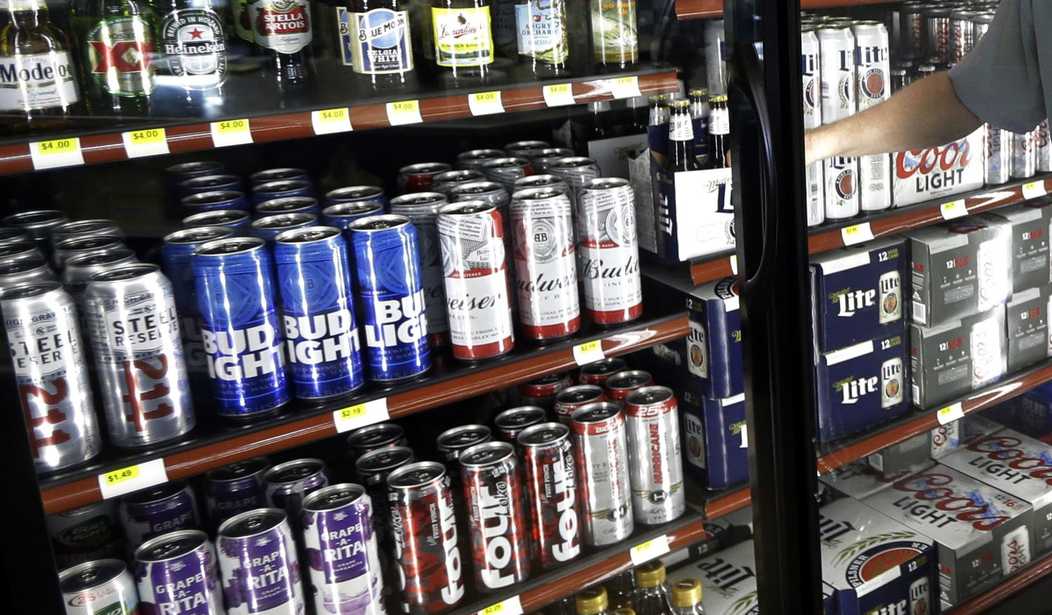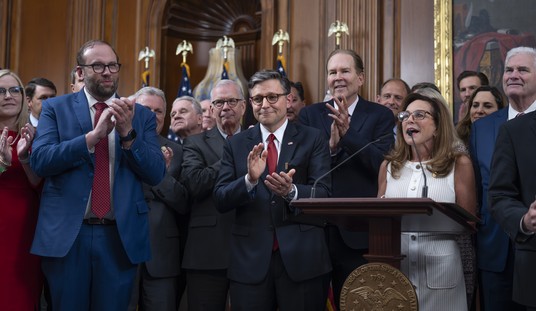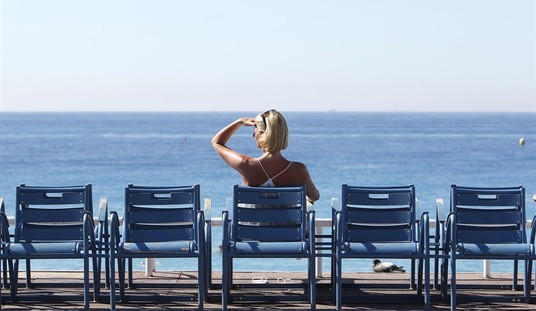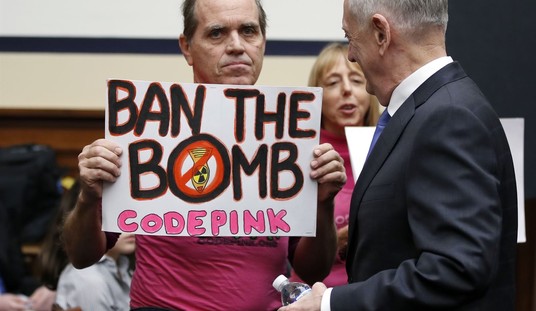On January 31st, Tennessee Republicans Rep. Ron Gant, R-Piperton, and Sen. Paul Rose, R-Covington, proposed legislation called "The Tennessee Prevention of Drunk Driving Act" in both the Tennessee Senate and House of Representatives that, if passed, would prohibit the sale of cold beer and alcohol across the state in an effort to combat drunk driving.
Gant and Piperton, both of whom, ironically, have prior convictions for drunk driving offenses, introduced HB 2845/SB 2636, as the bill is officially referred to, along with numerous other bills recently in an effort to tamp down on alcohol-related crimes as well as the enforcement and prosecution of said crimes.
In 2023, Rose sponsored SB 1055, which aimed to lower the threshold for enhancing the minimum sentence of a person convicted of driving under the influence of an intoxicant. Meanwhile, Gant has sponsored HB 0587, HB 2386, HB 2551, HB 2552, and HB 2638 - bills that deal with DUI offenses, executing a search warrant for medical records to determine alcohol or drug content and regulations for the Alcoholic Beverage Commission.
However, the bill, as it stands right now, has not moved very far in either chamber. No committee meetings or hearings about the bill have been scheduled as of Thursday. Additionally, the Assembly website shows notifications of co-sponsors of the bill being removed, possibly indicating that support for the bill is not as strong as some were led to believe. Furthermore, as the bill is written, it stands to have its language and provisions change significantly if and when it moves forward.
Gant said he is unsure how the legislation will move through the General Assembly but knows that the drafting of the bill has brought awareness to a problem that's affected the lives of too many Tennesseans. "Should this bill in its current state not pass, I trust that we as Tennesseans will continue to have conversations on how to prevent any lives possible from dying in alcohol related accidents," he told the Tennessean on Tuesday.
Critics of the bill say that if passed, the bill would severely hinder and or negatively affect a large number of independent breweries and distillers that require refrigeration for some or all of their products.
Sharon Cheek, executive director of the Tennessee Craft Brewers Guild, a nonprofit organization which represents independent craft breweries across Tennessee, said that the proposed bill will significantly hinder local craft breweries' ability to sell and distribute their products in optimal condition.
"Without refrigeration, breweries would face substantial economic challenges and potential job losses," she said in a statement to the Tennessean. "Many of our breweries are known for their unpasteurized beer and use of fresh, locally sourced ingredients."
The introduction of a bill of this nature and others like it are glaring examples of what elected officials are not supposed to do. It is a perfect example of what a "nanny state" is as well. As an elected official, it is your primary job, when proposing legislation, to first and foremost determine the bill's constitutionality. If it passes this test, which in this case it most probably does, you must then determine who the bill harms and who it helps, as well as what degree that help or harm is. You do not propose and or pass a bill that would directly and/or indirectly harm, hinder, inconvenience, etc., a majority of people to target a minority percentage of the population it intends to target.
For example, in this case, the bill aims at targeting those who would and do drink alcohol and drive a motor vehicle. In doing so, the population of people that this bill targets would be a minority of the population, as likely the overwhelming majority of Tennessee residents do not drink and drive. But as a practical matter, this bill would then overwhelmingly target the entire population and punish everyone just to make sure the few do not drink and drive. It falls into the same argument of gun laws, whereas they apply an overly burdensome restriction on law-abiding gun owners in order to target the minority of the population that commit crimes.
This way of governing is both petty as well as arbitrary and capricious. There is no reason to overly burden, hinder, harm, or otherwise restrict an overwhelming majority of a population to justify any law. Furthermore, from personal and professional experience as a peace officer, a good percentage of people who get DUIs are one-time offenders who just had too much to drink and decided to drive because they were not in control of all their faculties. During my time on patrol, I arrested more one-timers for DUI than I did habitual offenders. The habitual offenders were also generally alcoholics and couldn't care less if the beer or booze was cold or at room temperature; they just wanted to get their "buzz on." One of my best arrests was violating the parole of a habitual offender who was on parole for his 4th DUI. He also happened to be a Nazi Low Rider gang member and a raging alcoholic, so that was an added bonus.
So let's leave the cold beer alone, shall we? There are plenty of ways to fight drunk driving, but this would be the figurative equivalent of pissing in the wind.














Join the conversation as a VIP Member